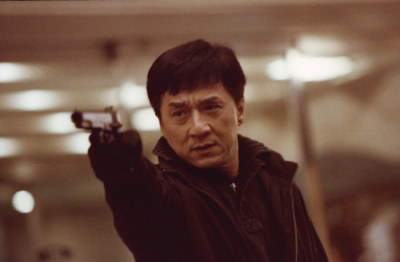This movie is Jacky Chan seen in a different setting: drama. It was also pretty obvious that he was too old for his character, but he did a good job anyway. I missed seeing him do lots of stunts and stunning fight scenes.
In this movie, Chan played as an illegal Chinese immigrant in Japan, who got involved with the Japanese mobsters and police. I never had an inkling that the Chinese and the Japanese people discriminate against each other.
I used to think that, since they both look alike, (racist of me!), they must get along pretty well. But there are lots of cultural differences between the two. In the nineties, a lot of rural Chinese folk migrated to Japan in search of a better life. This of course, didn't sit well with the territorial and patriotic Japanese.
I used to think that, since they both look alike, (racist of me!), they must get along pretty well. But there are lots of cultural differences between the two. In the nineties, a lot of rural Chinese folk migrated to Japan in search of a better life. This of course, didn't sit well with the territorial and patriotic Japanese.
This calls to my mind another movie, Kill Bill, which I watched a few years back. In the movie, O-Ren Ishii, a Chinese-Japanese woman, became the head of the Japanese underground society. I never understood why the rest of the Japanese mobsters disliked this idea, but now I do.
This film, of course, gave me a fresh perspective. The Filipino Chinese are quite different from their mainland counterparts. In the Philippines, although the Chinese population is plentiful, the Chinese excel in business. Some of the richest Filipino families can trace their lineage to China. Long gone are the days of El Filibusterismo, a novel by the national hero Rizal (also of Chinese descent), which portrayed the typical Chinese man as a peddler of small snacks outside schools, usually made fun of and picked on by the mestizo elite. In Noli Me Tangere, the Chinese are described to be only a rung higher than the Moros or Muslims (the lowest social class in the conquistadors' list) who are pagan outcasts in the Christian society, and cannot be buried in a proper Catholic cemetery.
Life is truly diverse. I am now watching a movie called Ong Bak, which gives me a look at the Thai society.
